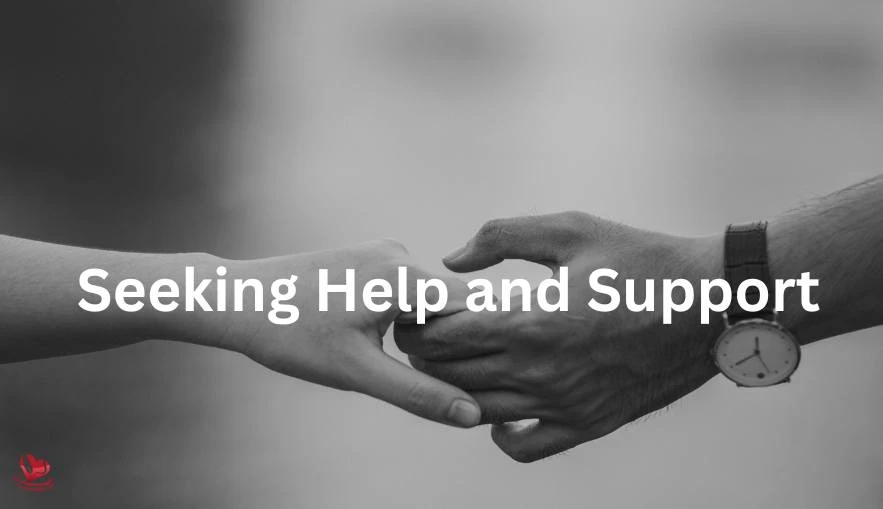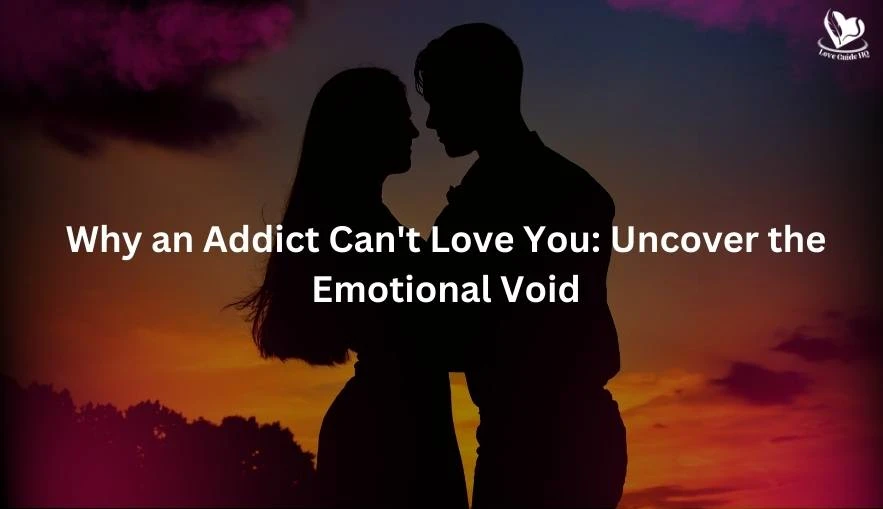Dealing with a loved one who is struggling with addiction can be incredibly challenging. One of the most painful realizations is that the addict may not be capable of truly loving you. This can be a difficult truth to accept, but understanding the reasons behind it can provide some clarity and help you navigate this complex situation. In this article you will learn why an addict can’t love you.
The Impact of Addiction on Relationships
Addiction can have a profound impact on an individual’s ability to form and maintain healthy relationships. When someone becomes addicted to drugs or alcohol, their entire world revolves around obtaining and using these substances. This obsession consumes their thoughts, time, and resources, leaving little room for anything else, including genuine emotional connections.
Emotional State Of Addicts
It’s important to recognize the emotional state that accompanies the struggles of addiction. The intense focus on obtaining and using addictive substances often leaves little emotional capacity for building and nurturing a loving relationship. The emotional turmoil and instability that come with addiction can make it challenging for an addict to express love and affection in a healthy and consistent manner.
Complications in Rebuilding Trust
Mental health issues often coexist with addiction, further complicating efforts to rebuild trust and emotional intimacy in relationships. The battle between addiction and emotional connection can create a cycle of broken promises, instability, and emotional pain, making it difficult for the addict to fully engage in a loving and supportive relationship.
The Connection Between Love and Addiction
Understanding the connection between love and addiction is crucial when trying to comprehend why an addict may struggle to express love. Love addiction is a real phenomenon that can manifest in several different ways:
- Obsessed/obsessive love addiction
- Codependent love addiction
- Narcissistic love addiction
- Ambivalent love addiction
Each type of love addiction comes with its own set of challenges and can further hinder an addict’s ability to engage in healthy, reciprocal love.
Seeking Help and Support

If you are in a relationship with an addict, it’s crucial to seek help and support for both yourself and your loved one. The stress created by addiction can be overwhelming and frustrating, often leading to strained relationships. Professional assistance, such as therapy and support groups, can provide guidance and tools for navigating the complexities of loving an addict without losing yourself in the process.
Frequently Asked Questions
What Is The Connection Between Love And Addiction?
The connection between love and addiction lies in the brain’s reward system, leading to intense emotional attachment and dependency.
What Are The Four Types Of Love Addicts?
There are four types of love addicts: obsessed/obsessive love addicts, codependent love addicts, narcissistic love addicts, and ambivalent love addicts. Each type exhibits different patterns and behaviors in their relationships. Understanding these types can help in recognizing and addressing love addiction.
What Is The Connection Between Addiction And Love?
Addiction and love are closely related as addiction can change the way a person perceives love. Addicts can prioritize their addiction over their relationships, leading to a lack of love and emotional connection.
Why Can’t An Addict Love You?
An addict’s primary focus is on their addiction, which can cause them to neglect their relationships. They may also struggle with emotional intimacy, communication, and trust, making it difficult to love someone else fully.
Conclusion
It’s essential to recognize that an addict’s struggle with substance abuse can significantly impact their ability to express and experience love in a healthy and fulfilling way. By understanding the emotional and psychological toll that addiction takes on an individual, you can approach the situation with empathy and seek the support you need to navigate these challenges.
Remember that seeking help and support is not only beneficial for the addict but also for you as you navigate the complexities of loving someone who is battling addiction.

